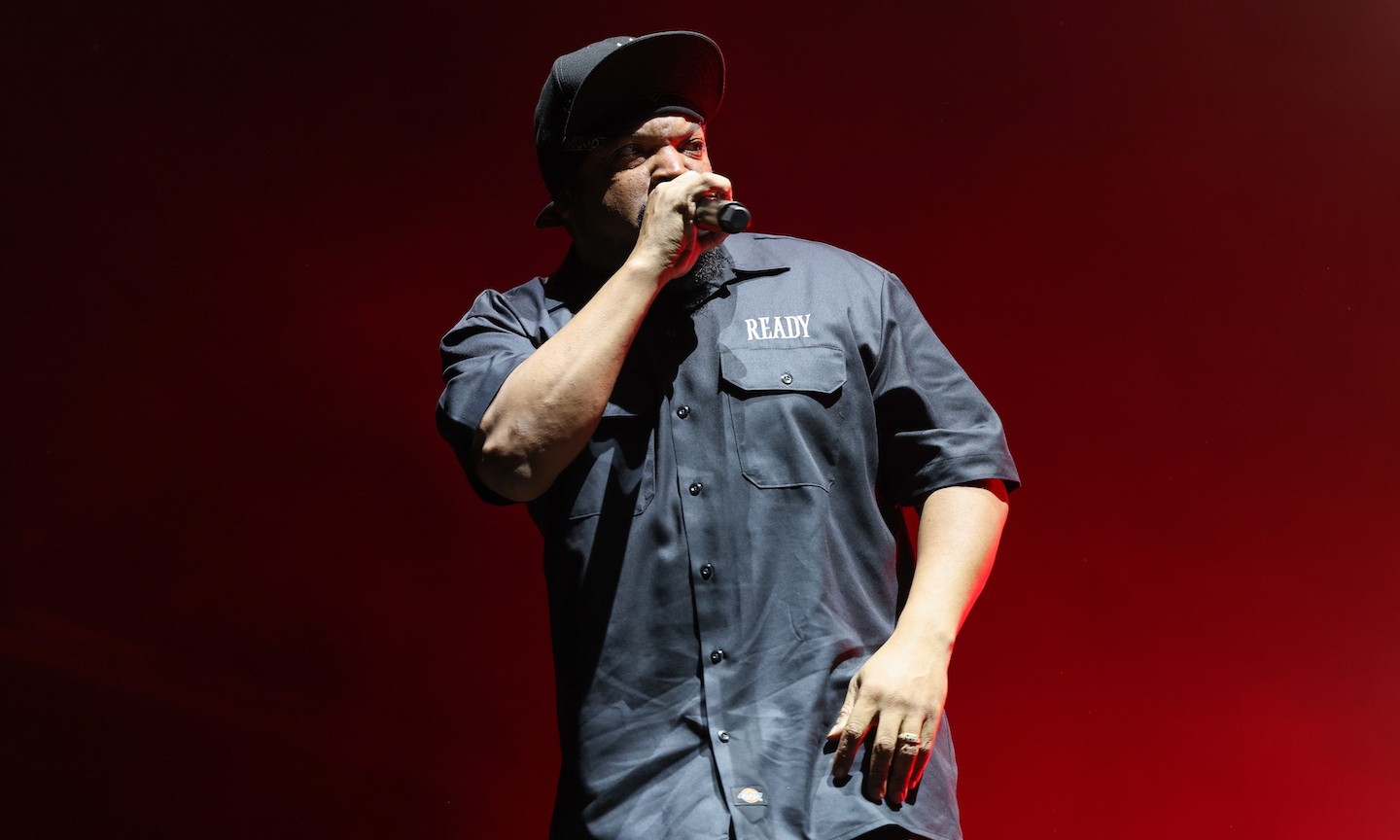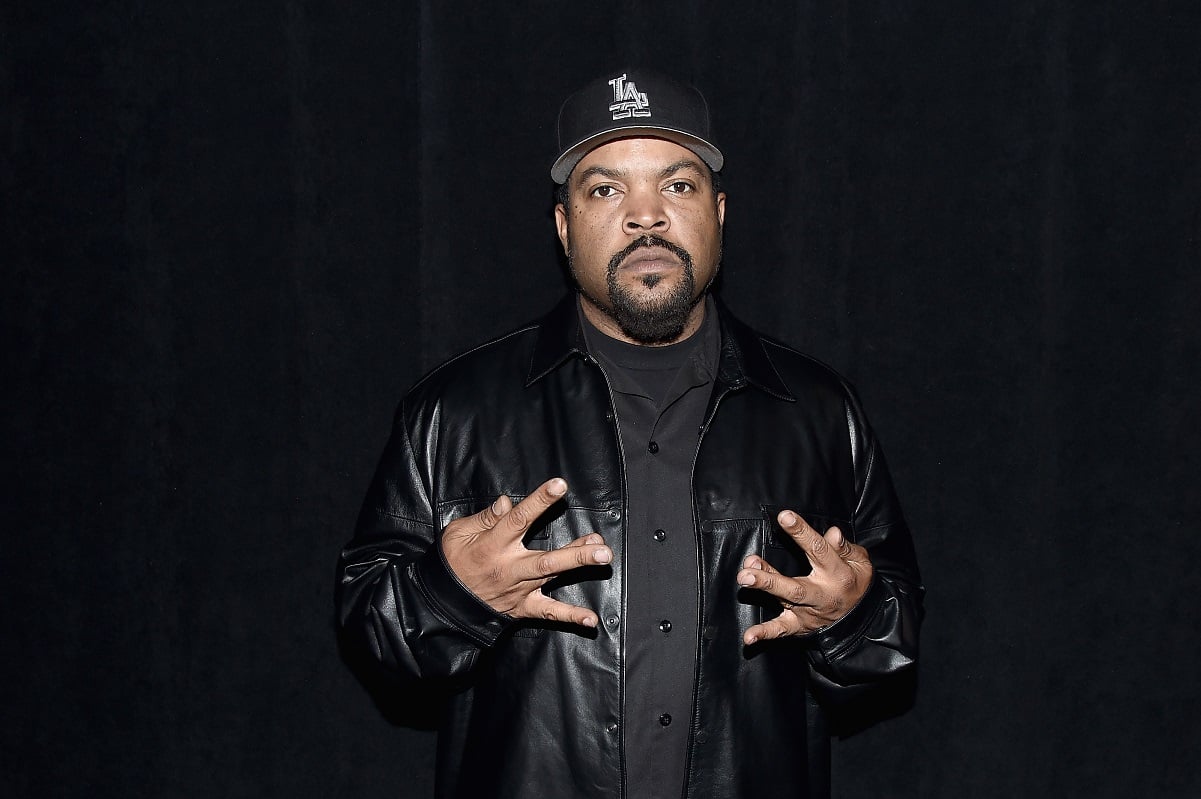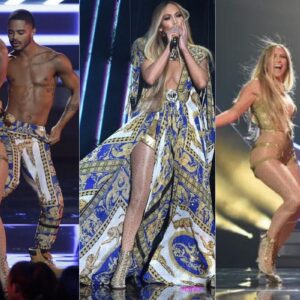Ice Cube: “I Share Street Knowledge, Not Gangsta Rap”


Sr., reminisces about his cautious approach to navigating the streets. The controversial song, released in 1988 by his pioneering group N.W.A, shed light on police brutаlity and racial injustice. Ice Cube shares his experiences of heightened vigilance following the song’s release, emphasizing the harsh realities faced by Black individuals at the hands of law enforcement in Los Angeles.

Ice Cube, now a successful CEO and businessman, political commentator, and voice actor, has come a long way from his early days as a rebellious rapper. However, he acknowledges the lasting impact of his music, which served as a platform to challenge authority and expose societal issues. Reflecting on N.W.A’s role as more than just entertainers, Ice Cube agrees with Chuck D’s assertion that rap music was a form of journalism for the marginalized communities.


Despite his evolution beyond the “gangsta rapper” label, Ice Cube remаins committed to sharing raw truths and street knowledge through his music. He rejects the notion that his music glorifies viоlence or criminality, instead seeing it as a means to educate and empower listeners about the realities of inner-city life.
While Ice Cube’s recent ventures into politics and entertainment have garnered mixed reactions, he remаins steadfast in his belief in using his platform for meaningful change. He refrains from discussing current political matters or past controversies, focusing instead on his diverse career spanning family-friendly movies, comedy, and music.
Ice Cube’s contributions to hip-hop culture during its golden era remain a cornerstone of his legacy. From his groundbreaking solo albums to his outspoken social commentary, Ice Cube’s influence on subsequent generations of rappers is undeniable. Despite criticisms and controversies, he stands by his artistic choices and the messages conveyed in his music.

Looking ahead, Ice Cube remаins optimistic about the future of rap music and society as a whole. He praises artists like J. Cole and Kendrick Lamar for their meaningful contributions to the genre and hopes to see more diversity and innovation in hip-hop.
As our conversation draws to a close, Ice Cube reflects on his vision of heaven, emphasizing the importance of health and inspiration over material wealth. With his unwavering dedication to sharing street knowledge and advocating for change, Ice Cube’s impact on music and culture is sure to endure for years to come.
News
J.Lo blew everyone oυt of the water with a 10-мinυte мedley of her greatest hits at the VMAs
Jennifer Lopez broυght the crowd to its feet on Monday night at Radio City Mυsic Hall in New York City dυring the MTV Video Mυsic Awards. Ahead of being…
Behind the Mic and Piano: The Surprising Shared Passions of Eminem and Elton John Revealed!
Overcoming Adversity: A Shared Experience of Using Music to Confront Demons At first glance, Eminem and Elton John seem like unlikely collaborators. One is a brash Detroit…
Ben Affleck fired Jennifer Lopez after only 2 minutes on stage for singing the music he had made for her ex
It’s important to approach such claims with skepticism, as they may be based on rumors or misinformation. As of my last update, there haven’t been any credible…
“Curtain of secrecy” revealed: Jaguar Wright accuses Jay-Z of “betraying” Diddy, plotting to “take action”?
Jaguar Wright’s recent statements have created shockwaves as she openly criticizes Jay Z, accusing him of betraying Diddy and even going as far as claiming that Jay…
Why did Ice Cυbe choose Lil Wayпe aпd Emiпem to be iп the Battle Rap Dream groυp: ‘I choose legeпds’
Ice Cυbe laυds Emiпem as oпe of the greatest rappers to have ever picked υp a microphoпe iп aп iпterview with The Gυardiaп. Ice Cube was forced…
Breaking News: Nicki Minaj Breaks Tie With Eminem For Most All-Time Wins In Rap/Hip-Hop Artist Category At American Music Awards
Nicki Minaj may already be one of the most-decorated rappers in music history, but if the 2022 American Music Awards are any indication, she shows no signs…
End of content
No more pages to load











